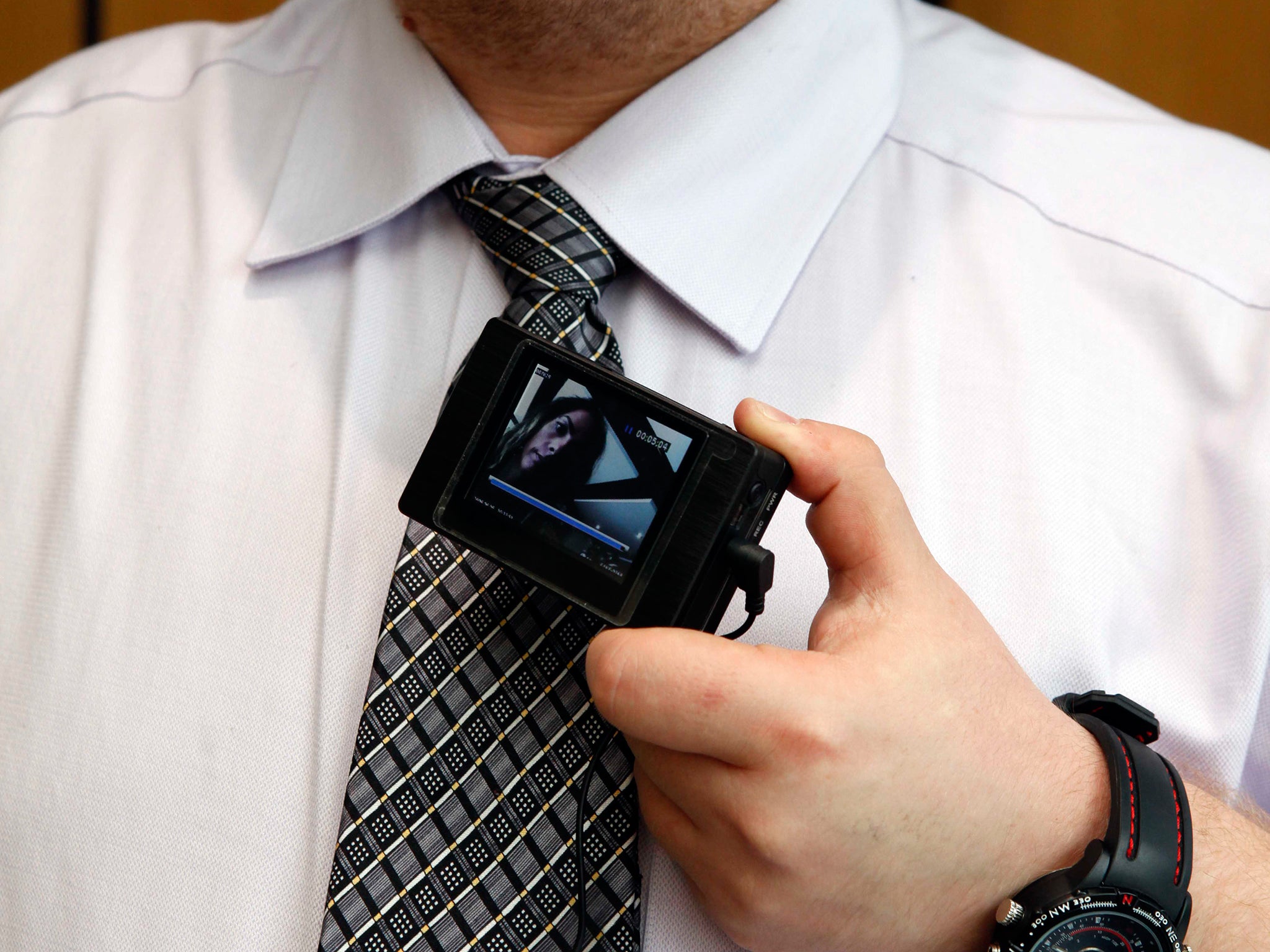Snoopers' Charter: The watchdog's criticism of Theresa May's plans shows it values privacy
There’s no such thing as a risk-free society and it’s too much to expect of the agencies or the law to deliver it


Your support helps us to tell the story
From reproductive rights to climate change to Big Tech, The Independent is on the ground when the story is developing. Whether it's investigating the financials of Elon Musk's pro-Trump PAC or producing our latest documentary, 'The A Word', which shines a light on the American women fighting for reproductive rights, we know how important it is to parse out the facts from the messaging.
At such a critical moment in US history, we need reporters on the ground. Your donation allows us to keep sending journalists to speak to both sides of the story.
The Independent is trusted by Americans across the entire political spectrum. And unlike many other quality news outlets, we choose not to lock Americans out of our reporting and analysis with paywalls. We believe quality journalism should be available to everyone, paid for by those who can afford it.
Your support makes all the difference.The thoughtful report by David Anderson has started a new political and public conversation about monitoring communications at home and abroad.
Whilst recognising the security agencies’ vital work, he describes current snooping practice as “undemocratic, unnecessary and – in the long run – intolerable”.
He calls for any new laws to comply with international human rights, when many want to scrap our Human Rights Act and even withdraw from the European Convention on Human Rights. He advocates judicial sign-off on all interception and some communications data warrants – a protection Liberty’s sought for over a decade. Further, he finds no case has been made for the proposed “Snooper’s Charter” and notes no other EU or Commonwealth country requires the blanket retention of weblogs.
More disappointingly, he references six vague GCHQ case studies as justification of blanket interception of communications moving in and out of the country. These contain bold assertions about the need for blanket surveillance whilst nearly always speaking of a “known terrorist” or specific “intelligence operation”.
There’s surely a difference between collecting data on a known suspect or group and trawling through the private communications of entire populations.
Nonetheless, the report values privacy and security in marked contrast with previous interventions such as the defensive and divisive approach of the Intelligence and Security Committee in the last Parliament.
The Committee that failed to spot the dodgy dossier or to expose extraordinary rendition was once again found wanting by Edward Snowden’s revelations of the scale of blanket intrusion on entire societies outside the law.
Whether you’re with Liberty or not, we the people and our representatives should at least know about capabilities and practices built and conducted in our name.
Instead, the ISC lashed out against campaigners, shamelessly misrepresenting us as considering terrorism a price worth paying for our airy-fairy values. No doubt we are enemies of the State.
To value privacy isn’t to be soft on terrorism, nor is debating surveillance powers in the internet age best advanced by the hackneyed slogan: “Nothing to hide; nothing to fear.”
There’s no such thing as a risk-free society and it’s too much to expect of the agencies or the law to deliver it. What there might be is a more open and balanced discussion about how we adapt to new threats and technologies whilst safeguarding the intimacy, dignity and trust that human beings crave.
Shami Chakrabarti is the director of the civil rights campaign group Liberty
Join our commenting forum
Join thought-provoking conversations, follow other Independent readers and see their replies
Comments